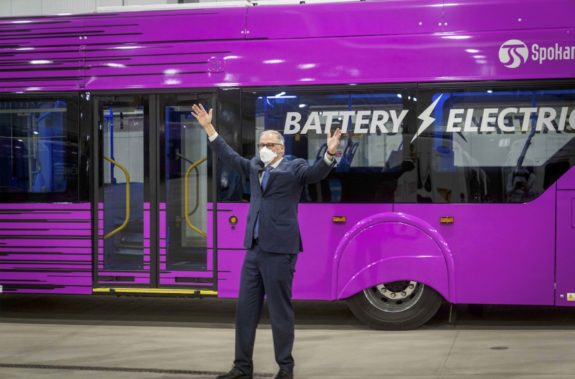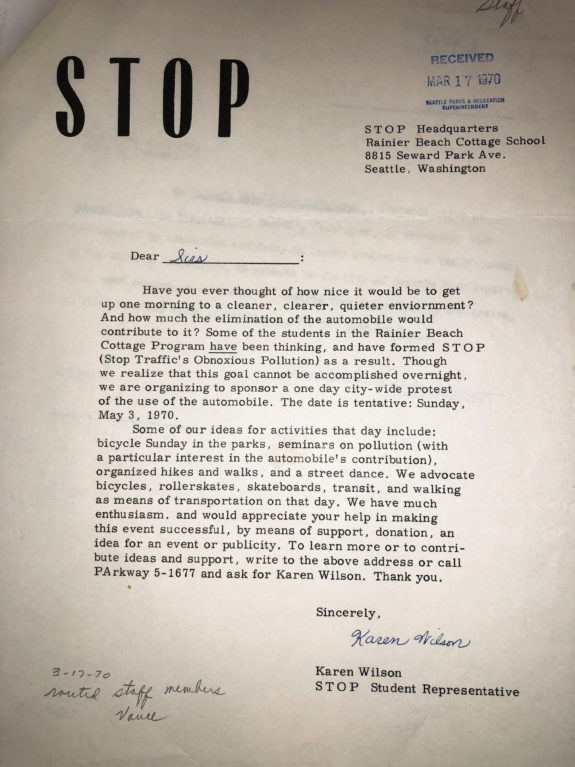
Governor Jay Inslee’s proposed 2023–25 budget responds to rising traffic deaths across the state by accelerating safety projects, creating a $5 million fund for responding to “emergent safety needs,” and $3 million specifically for SR-7 in Pierce County.
“Like other states throughout the nation, Washington is experiencing increased traffic accidents and incidents that often result in serious injuries and fatalities,” the Governor’s Office wrote in their Budget Highlights document (view the transportation section in this PDF). “There was a 17% increase in traffic fatalities from 2020 to 2021, reaching the highest level in a decade. Pedestrian fatalities increased by over 31%.”
To address safety, the proposed budget would begin work on $15 million worth of biking and walking projects within the 2015 Connecting Washington package that have not yet begun. The budget would also create a $5 million fund to “improve infrastructure as emergent safety needs arise,” according to the highlights document. “Currently, the department does not have flexible funds to provide infrastructure improvements that might immediately increase safety for active transportation users. The 2023-2025 budget includes funding for the department to better respond to community needs when emerging safety issues arise.”
Given WSDOT’s excellent traffic safety engineers, including former Seattle Traffic Engineer Dongho Chang, I am very excited to see such a fund in action. Chang showed in Seattle that a lot of good can be done with relatively little money through focused safety fixes. If anything, I with the $5 million fund were bigger, though it’s a start.
The proposed budget would also include $3 million to build nine crosswalk signals along SR-7, which includes Pacific Ave where young Mikey Weilert was killed earlier this year.
The recreation section of the proposed budget highlights also includes $3.9 million in bonds to “improve public safety by assessing, renovating, or replacing dilapidated bridges, trestles, culverts, and tunnels along the Palouse to Cascades State Park Trail,” according to the highlights document. The proposed budget would also fund “a new foundation and other improvements for the historic Kittitas railroad along the trail.”
The Governor’s Office will submit the full proposed budget to the state legislature, which will have an opportunity to make changes during the legislative session in early 2023. So stay tuned for opportunities to get involved and help influence that process.








